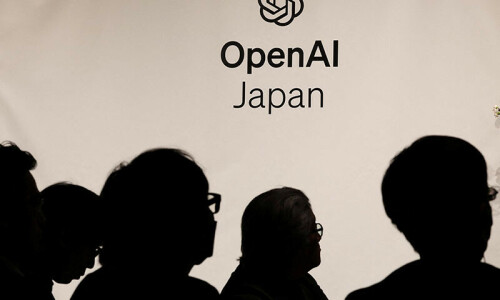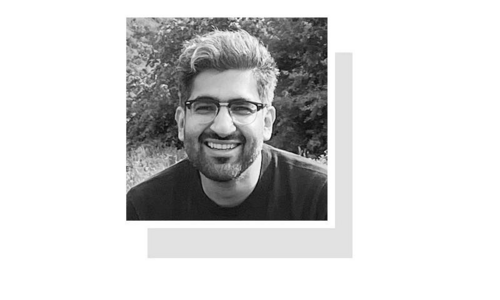ISLAMABAD: Prime Minister Imran Khan on Friday launched Ehsaas Kifalat Programme to give stipend of Rs2,000 each to seven million poverty-stricken women, through a foolproof and biometric-enabled cash disbursal mechanism across the country.
“The foundation of Pakistan as a welfare state is being laid here. We have now started moving towards a welfare state. Soon, it will turn into the Pakistan of Quaid-i-Azam Mohammad Ali Jinnah and Allama Iqbal,” the prime minister said while speaking at the launching ceremony of the scheme.
The ceremony marked the distribution of the Kifalat cards among the poorest women who sat beside the prime minister at the venue.
Special Assistant to Prime Minister (SAPM) on Social Protection and Poverty Alleviation Dr Sania Nishtar, SAPM on Information and Broadcasting Dr Firdous Ashiq Awan, other cabinet members, parliamentarians, diplomats and people from a cross section of society attended the event.
Says Pakistan’s journey towards becoming a welfare state has begun
Under the programme, each beneficiary woman would get a bank account and smartphone as part of the initiative to empower women through their formal interaction with the economy and digital inclusion.
The smartphones would help educate the children of the poor women from their childhood. This will bring about a new revolution, the prime minister said.
He said seven million women would benefit from the scheme while another six million families had already been give health insurance card.
He said within a fortnight, the government would launch another programme under Ehsaas umbrella, to transfer assets to the poor women like cows, hens or others to help them earn their livelihood.
The prime minister congratulated Dr Sania Nishtar for successfully launching the scheme, amid immense pressure from the government which desired to use Rs200 billion allocated for its anti-poverty initiative without delay.
He lauded her for developing a system based on data analytics to ensure that the government’s assistance reached only to the deserving people, not the rich ones, as the government had recently detected and delisted above 800,000 ineligible people who had been receiving the cash assistance despite having government jobs, cars and having gone on foreign visits.
The prime minister said no anti-poverty initiative could meet success unless it was transparent.
He said that beneficiaries of Kifalat programme would also be able to benefit from the government’s upcoming ration scheme and other initiatives.
He said that initiatives including the student scholarship, youth skill training and start-ups loan programmes were solely aimed at uplifting the poor people.
In her speech, Dr Sania Nishtar drew a comparison between Kifalat and Benazir Income Support Programme, saying the latter featured a 10-year-old database, multiple quarterly payment systems, paper-based surveys, sole source contracted banks and being a standalone programme.
Contrarily, the Kifalat programme would provide monthly assistance through a fully biometric system on point of sales agents with secure gadgets, biometric ATMs and designated bank branches. The beneficiaries, she said, had been identified through a door-to-door digital survey plus data analytics, desk and web surveys.
Contrary to BISP, the Kifalat beneficiaries would be able to avail all the Ehsaas graduation opportunities.
She said for the first time, the poor people would be able to get government assistance on demand as they would not have to wait for 10 years to enlist themselves in the poverty survey, rather they could get themselves registered any time at the Nadra Desk Registration Centres to be established in each tehsil.
She said that enrolment of one million families in 70 districts had started which would start receiving stipend from February to March this year. Other districts would be added by end of the year while more beneficiaries would be included through desk registration over the course of the year.
Dr Nishtar said under the Ehsaas Governance and Integrity Policy, all measures were being taken to ensure transparency in the programme through true implementation of the whistleblower law, audit and data usage.
She said contrary to the previous governments, the prime minister had taken a bold decision of replacing his photo from Kifalat Card with that of Quaid-i-Azam and resolved to eliminate corruption and political interventions from social protection initiatives.
Published in Dawn, February 1st, 2020














































Dear visitor, the comments section is undergoing an overhaul and will return soon.